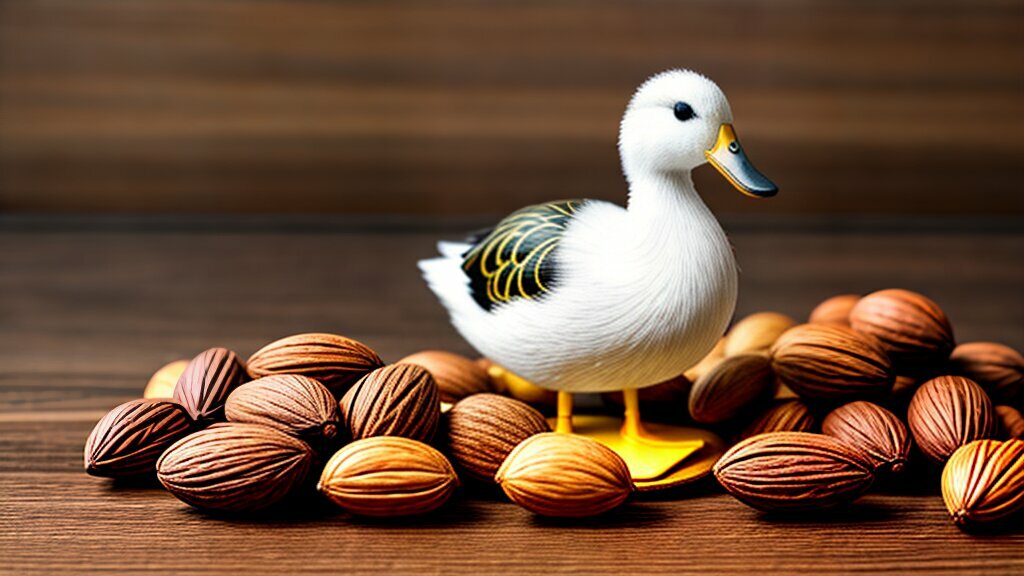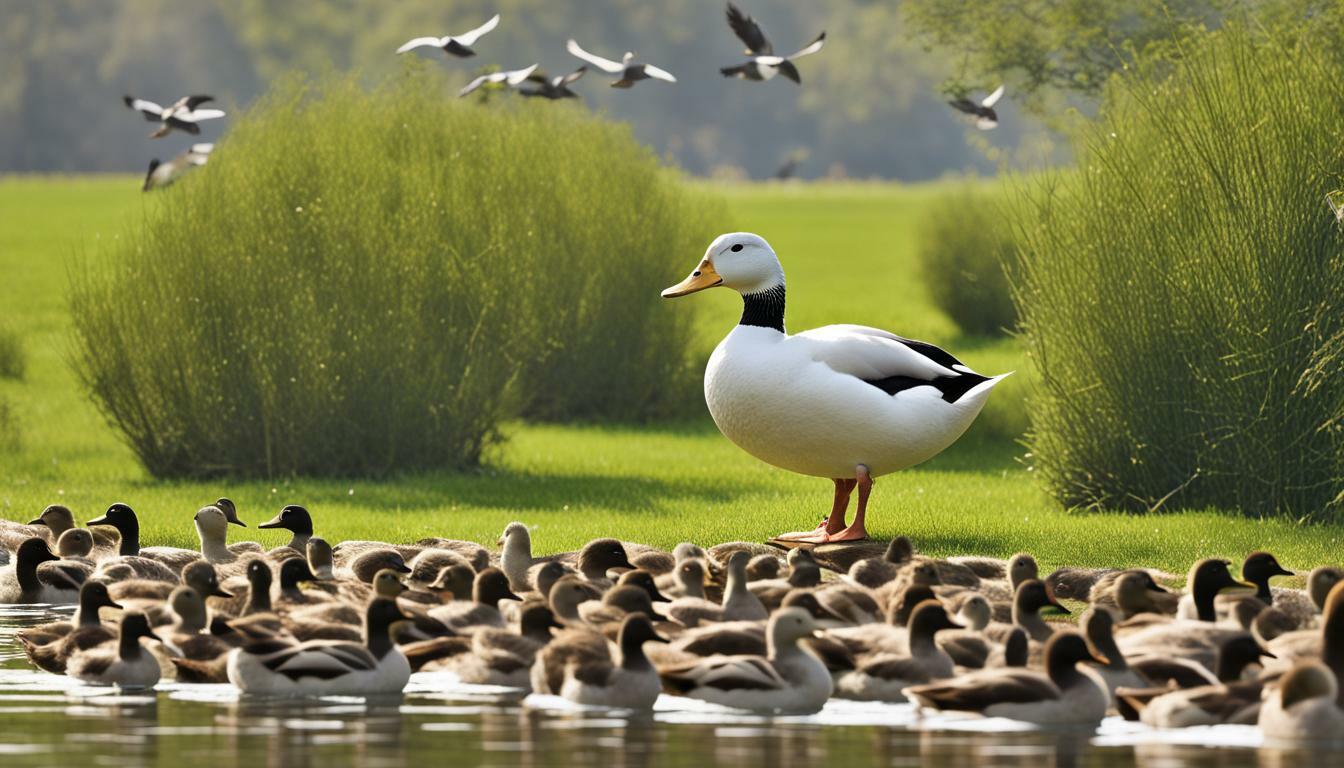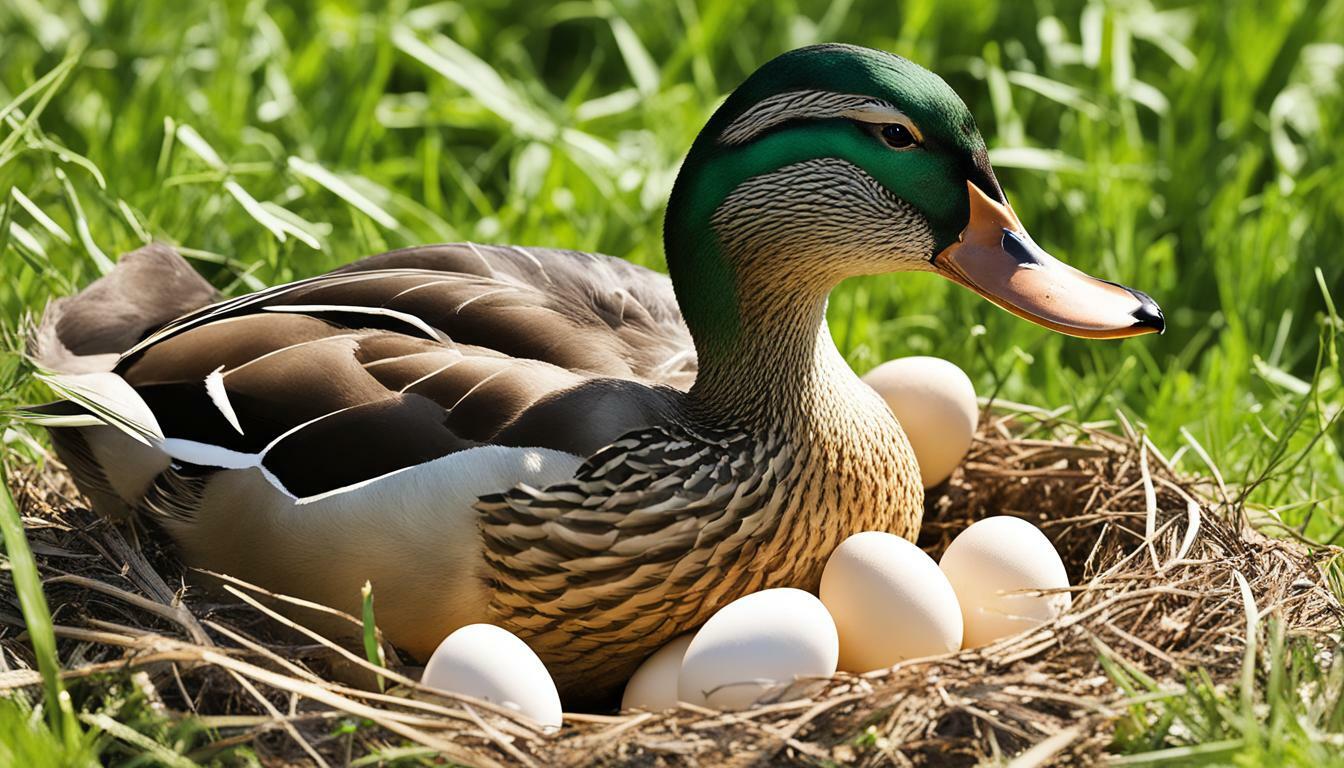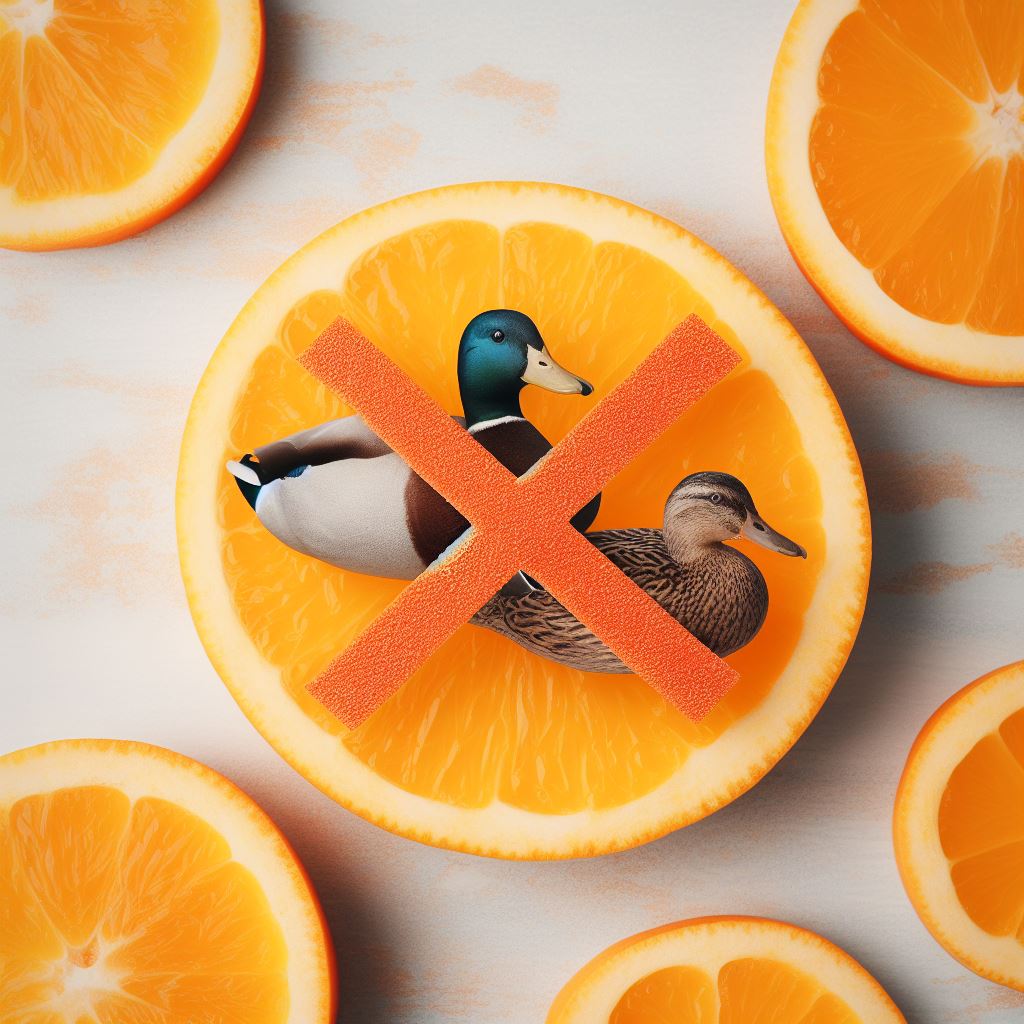Can Ducks Eat Nuts? The Safety and Benefits

Table of content:
Nuts make a tasty and protein-packed snack for humans, but what about our feathered friends? Can ducks eat nuts safely and gain nutritional value from these foods? In this article, we’ll explore the answer to the question “can ducks eat nuts?” in detail.
Potential Benefits of Feeding Ducks Nuts
Nuts offer nutritional value that could complement a duck’s usual fare. Most nuts contain high levels of protein, healthy fats, and important vitamins and minerals. For example:
- Walnuts – Rich in omega-3 fatty acids that support duck health. High in manganese, copper, and biotin.
- Almonds – Packed with vitamin E, magnesium, and antioxidants. Almonds provide calcium for strong duck bones and eggshells.
- Pine nuts – High in vitamin K, iron, and magnesium. Also contain zinc for immune health and vitamin E for antioxidant activity.
- Peanuts – A good source of niacin, folate, and resveratrol. Peanuts offer ducks plant-based protein and mono-unsaturated fats.
In the right amounts, nuts like these could supplement key nutrients in a duck’s diet from natural sources. They offer a change of flavor and texture as well. Ducks tend to appreciate variety!
Potential Risks of Feeding Nuts to Ducks
However, nuts also come with some cautions for duck health and safety:
Nutritional Imbalances
While nuts contain beneficial nutrients, they are very energy dense. Eating too many could lead to an excess of fat and calories. This could cause obesity and other health issues. Nuts also do not contain all the vitamins and minerals ducks need in balanced amounts. They should not make up the bulk of a duck’s diet.
Choking Hazards
Some nuts pose a risk of choking due to their size, shape, or texture. Whole almonds, walnuts, Brazil nuts, and others have rough surfaces and may get lodged in a duck’s esophagus. This is especially true if the duck tries to swallow large pieces.
Allergies and Contaminants
Finally, nuts may trigger allergic reactions in some ducks. Rancid nuts could also expose ducks to mold toxins. And unwashed nuts may carry bacteria like salmonella. To minimize risks, nuts fed to ducks must be fresh and high quality.
So while nuts offer benefits, they also require caution. Only certain types should be fed, and in limited quantities. Next we will cover the best practices for including nuts safely in a duck’s diet.
Best Nuts and Feeding Practices for Ducks
When offering nuts to ducks, the most important rules are to:
- Choose fresh, unseasoned, unsalted varieties
- Chop nuts to an appropriate size
- Limit portion sizes
- Provide nuts in moderation alongside a balanced diet
Here are some examples of safe nuts for ducks and how to feed them:
Unsalted Peanuts
Peanuts contain lots of protein and healthy fats if ducks eat them in the shell. This avoids the risk of inhaling fine nut particles. Offer a few whole peanuts at a time, removing any shells they drop uneaten.
Chopped Walnuts
Chopped walnuts provide omega-3s without choking risk. Chopped pieces should be no larger than 1⁄4 inch. Give ducks just a tablespoon of walnut pieces 2-3 times per week.
Pine Nut Pieces
Pine nuts are small with a soft shell, reducing choking hazard. Still, they can be chopped into bite-size bits before feeding. Give ducks a pinch of pine nut pieces once or twice a week.
Sliced Almonds
Sliced almonds are too large and fibrous whole. But sliced thin, lengthwise, they break apart easily for safe eating. Limit thin almond slices to 1-2 times weekly.
Natural Foraging Treats
In addition to nuts in moderation, encourage natural foraging with treats like:
- Chopped greens like kale, spinach, and lettuce
- Cooked sweet potato or winter squash cubes
- Whole corn kernels
- Chopped tomatoes
- Cooked beans or peas
- Chopped grapes or berries
- Chopped hard boiled egg
These add enrichment and variety alongside a nutritious base diet. Monitor portion sizes of any treats to maintain balanced nutrition.
Can Ducks Eat Specific Types of Nuts?
Now that we have covered the basics, let’s explore some specific types of nuts and their suitability for ducks:
Can Ducks Eat Pine Nuts?
Pine nuts are small, soft-shelled nuts native to North America and Asia. They offer benefits like:
- High in vitamins E, K, iron, and magnesium
- Contains antioxidants and phytosterols
- Small size reduces choking risk
- Soft shell is easy to digest
In moderation, pine nuts make a great treat for ducks. Offer just a pinch 1-2 times per week chopped or whole. Their high fat and calorie content means they should not make up a large part of the diet.
Can Ducks Eat Peanuts?
Peanuts are a favorite human snack, but can ducks enjoy them too? Benefits of peanuts for ducks include:
- Excellent source of plant-based protein
- Contains vitamin E, niacin, folate, phytosterols
- Provides mono- and polyunsaturated fats when eaten in the shell
To reduce choking risk, give ducks 1-2 whole, in-shell peanuts at a time. Remove any uneaten shells as they can harbor mold. Peanuts should be just an occasional treat, not a dietary staple.
Can Ducks Eat Grape Nuts?
What about cereals marketed as “nuts” like Grape Nuts? In reality, Grape Nuts contain wheat, malted barley, and sweeteners. Risks include:
- Hard, dense texture may pose choking hazard
- Contains added sugars and salts
- Does not provide complete or balanced nutrition
For these reasons, commercial nut-based cereals are not an ideal food for ducks. Stick to plain, raw nut varieties in moderation instead.
Can Ducks Eat Corn Nuts?
Similarly, snacks like corn nuts are very dense and hard. Risks of corn nuts for ducks include:
- Extremely hard, crunchy texture poses major choking hazard
- Most brands contain high levels of added salt
- Often include onion, garlic, or other seasonings ducks cannot digest
Whole, plain corn kernels are safer. But avoid highly processed corn nuts and other dense snack foods not suited to a duck’s digestive system.
Conclusion: Can Ducks Eat Nuts?
In conclusion, most ducks can eat certain types of nuts in moderation. Offer plain, raw, chopped nuts no more than 2-3 times per week. Limit portion sizes to a teaspoon or tablespoon. And always serve nuts as a supplement to a balanced core diet.
With common sense precautions like removing shells, chopping into bite-size pieces, and monitoring portions, nuts can provide extra protein, minerals, healthy fats, and enrichment. Just be sure not to overdo it, as excessive nuts could lead to obesity or nutritional deficiencies.
With the right nut varieties and feeding techniques, ducks can benefit from these tasty human foods. But their overall diet should still consist mainly of insects, plants, and balanced poultry feed to thrive. By integrating a few nuts safely, ducks get enrichment and supplemental nutrition from these nutritional powerhouses.
Welcome. I’m Adreena Shanum, the proud owner of this website, and I am incredibly passionate about animals, especially poultry. I founded adreenapets.com as a labor of love, stemming from my desire to share my knowledge and experiences with poultry enthusiasts worldwide.




